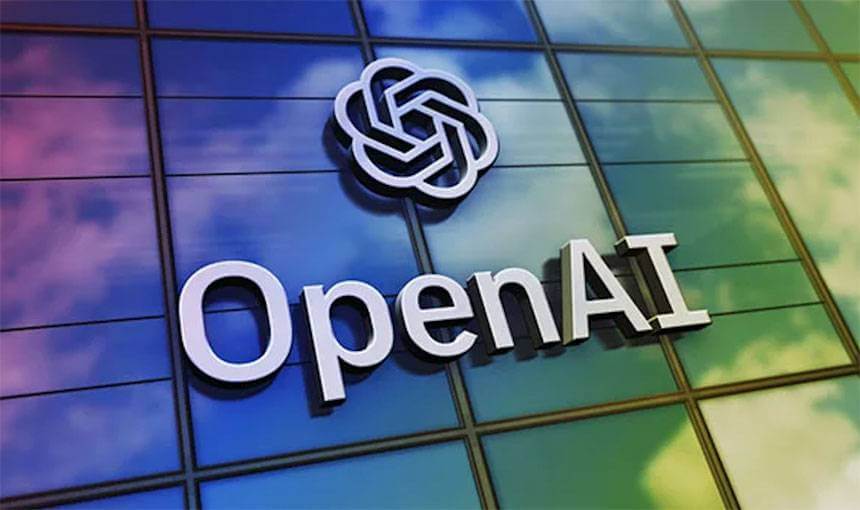China's DeepSeek AI is emerging as a significant challenger to OpenAI in the global AI arena. Founded by hedge fund manager Lian Wenfeng, the AI lab has rapidly gained recognition for its cost-effective and high-performing large language models (LLMs). DeepSeek is demonstrating that cutting-edge AI can be developed with limited computing resources, potentially setting new standards for efficiency in the field.
One of DeepSeek's key innovations is its focus on cost-effectiveness. DeepSeek AI models were developed using innovative technical approaches and cost-effective methods, with claims that their recent models cost just $5.6 million to train, compared to the $100 million to $1 billion costs of similar models from American labs like OpenAI. Wei Sun, principal AI analyst at Counterpoint Research, told the BBC, "DeepSeek has proven that cutting-edge AI models can be developed with limited computer resources". This efficiency is partly attributed to the company's steady refinement of the Mixture-of-Experts (MoE) architecture.
DeepSeek's most notable model, DeepSeek-R1, has garnered attention for its performance and open-source availability. DeepSeek has fully open-sourced DeepSeek-R1, allowing developers worldwide to access, modify, and implement the model freely. This open-source strategy promotes collaboration and accelerates innovation across the AI community. Benchmark tests indicate that DeepSeek-R1 slightly outperforms OpenAI's models in mathematical problem-solving, achieving a 79.8% accuracy compared to OpenAI's 79.2% on the American Invitational Mathematics Examination (AIME) 2024 benchmark. In fact, DeepSeek excels in mathematical reasoning and problem-solving, scoring 90.2% on the MATH benchmark—the highest in the field. It also holds strong in GPQA and ranks competitively in the Chatbot Arena, where conversational capabilities are put to the test.
DeepSeek distinguishes itself through its focus on reasoning and explainability. Its modular approach could facilitate easier customization, allowing users to tailor them more precisely to their needs, potentially with less computational overhead. This could be a significant advantage for smaller organizations or researchers with limited resources. Furthermore, DeepSeek's models excel in processing Chinese-language tasks, a significant edge in both regional and multilingual contexts.
While DeepSeek has made impressive strides, OpenAI remains a formidable competitor. OpenAI's models, such as GPT-4, are renowned for their versatility and general-purpose capabilities. They excel in a wide range of tasks, including natural language understanding, translation, and creative writing. In the Massive Multitask Language Understanding (MMLU) benchmark, OpenAI's models have achieved higher accuracy rates compared to DeepSeek-R1, indicating a broader knowledge base and proficiency in diverse subjects.
The emergence of DeepSeek underscores China's growing capabilities in AI. The Chinese government takes a market-oriented approach to AI and has sought to encourage private tech companies in developing AI. In 2018, it designated Baidu, Alibaba, iFlytek, Tencent, and SenseTime as "AI champions". New leading AI startups include Baichuan, Zhipu AI, Moonshot AI and MiniMax which were praised by investors as China's new "AI Tigers" in 2024.
However, DeepSeek's advancements have not been without controversy. Concerns have been raised about potential censorship in its models, particularly regarding topics related to the Chinese government. A developer has raised concerns that the Chinese artificial intelligence startup DeepSeek's newly released AI model is less willing to engage in discussions on controversial topics, particularly those related to the Chinese government. In an X thread, a pseudonymous developer known as “xlr8harder” shared critical observations of DeepSeek R1-0528, a recently released open-source language model.
Despite these challenges, DeepSeek's rise signifies a shift in the global AI landscape. As DeepSeek continues to innovate and refine its models, it is poised to play an increasingly important role in shaping the future of AI.

















